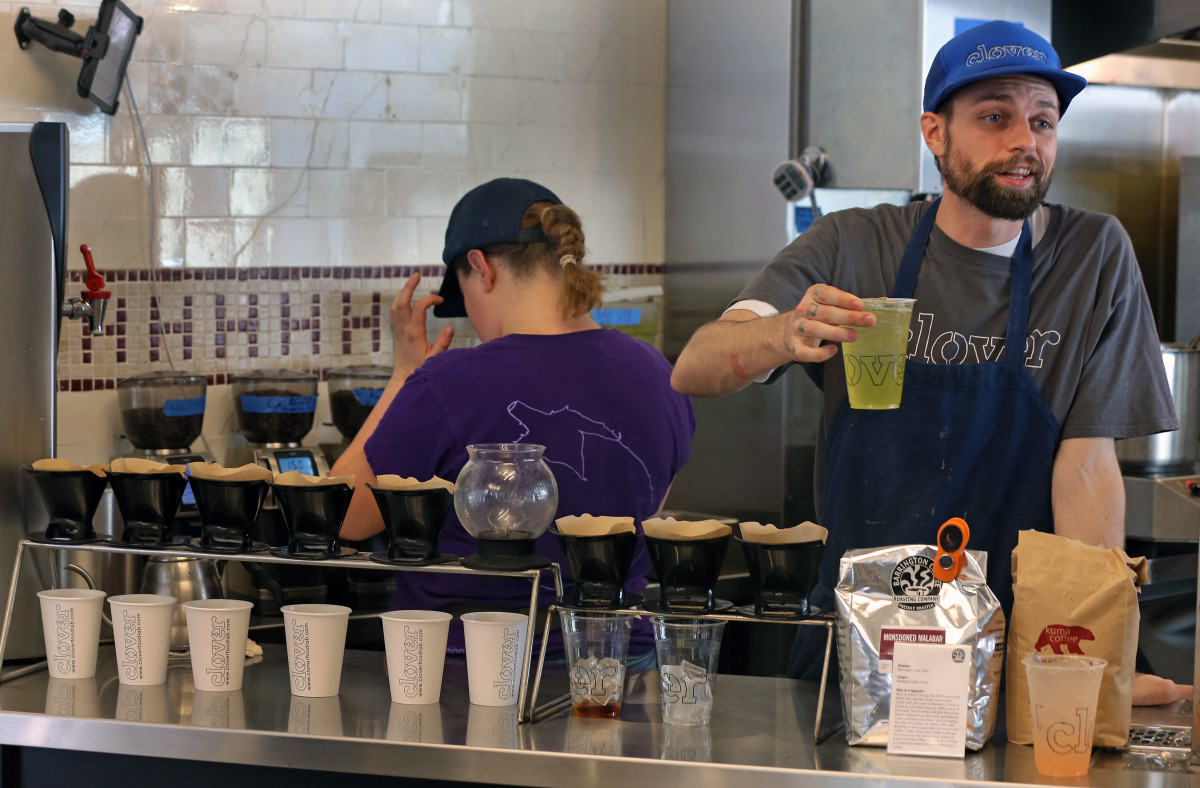
Financial distress in the restaurant industry has led several fast-food and fast casual chains to file for bankruptcy, with businesses reorganizing, selling their assets or shutting down permanently.
Fast-casual Tex-Mex chain Tijuana Flats Restaurants on April 19 filed for Chapter 11 bankruptcy in the U.S. Bankruptcy Court for the Middle District of Florida, with ambitious plans to turn around the company that included selling the company to a new ownership group and closing 11 of its locations.
Related: Luxury appliance retailer files Chapter 7 bankruptcy to liquidate
The new owners, Flatheads LLC, purchased the restaurant chain from TJF USA LLC with a plan to revitalize its restaurants and reinvigorate the customer experience.
Another restaurant chain had more depressing plans, as fast casual restaurant chain Foxtrot and Dom’s Kitchen & Market, with 33 locations across the nation, on April 23 revealed that it was abruptly filing Chapter 7 bankruptcy liquidation and shutting down all of its locations immediately. The reason for the filing was unclear, according to reports.
ALSO READ: Popular fast-food restaurant chain files Chapter 11 bankruptcy
While struggling restaurant chains file bankruptcy, close down locations, and in some cases go out of business, a popular Boston fast-food chain is bucking that trend and intends to emerge from Chapter 11 with a plan to expand its footprint in New England by four times.

Clover Food Lab
Fast food restaurant emerges from bankruptcy
Boston-based vegetarian fast-food restaurant chain Clover Food Lab filed for Chapter 11 Subchapter 5 bankruptcy in the U.S. Bankruptcy Court for District of Delaware on Nov. 3, 2023, to reorganize its business as its sales did not fully recovered from the effects of the Covid pandemic, according to its website.
In addition to lower than expected sales, the company in court papers said that high rent for its locations and inadequate funding as a result of the failure of Silicon Valley Bank contributed to the chain's distress.
The restaurant chain had planned to raise capital to expand in New England and into New York but the fallout from the failure of Silicon Valley Bank resulted in its financing plans to collapse. The debtor said that high rents and low sales at three of its locations led it to seek lease concessions from its landlords, which was unsuccessful and forced the company to file bankruptcy.
The restaurant chain opened in 2008 as a single food truck on the Massachusetts Institute of Technology campus in Cambridge, Mass., and offers an organic, vegetarian menu that "changes by the minute to keep up with daily available produce from farms in New England," according to Clover Food Lab's website. The company had 15 locations when it filed its Chapter 11 petition, but closed locations in Boston's Copley Square and Somerville's Assembly Row during its reorganization.
ALSO READ: TikTok star shares morbid news on cruise-ship deaths
Clover Food Lab in a April 24 statement said that it will emerge from Chapter 11 Subchapter V bankruptcy this week with a five-year plan to add 47 new stores, initially opening locations in the Greater Boston area and then elsewhere in New England. It will focus on smaller outlets in urban areas and around universities, the statement said according to Boston Restaurant Talk. The expansion will grow the chain from 15 locations when it filed bankruptcy to 60 outlets after a five-year period.
Related: Veteran fund manager picks favorite stocks for 2024







